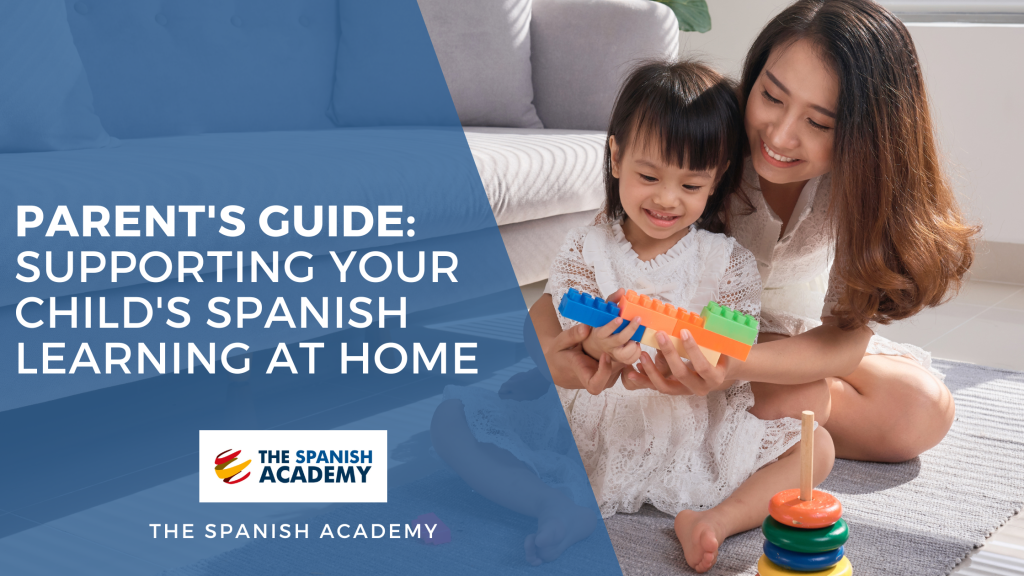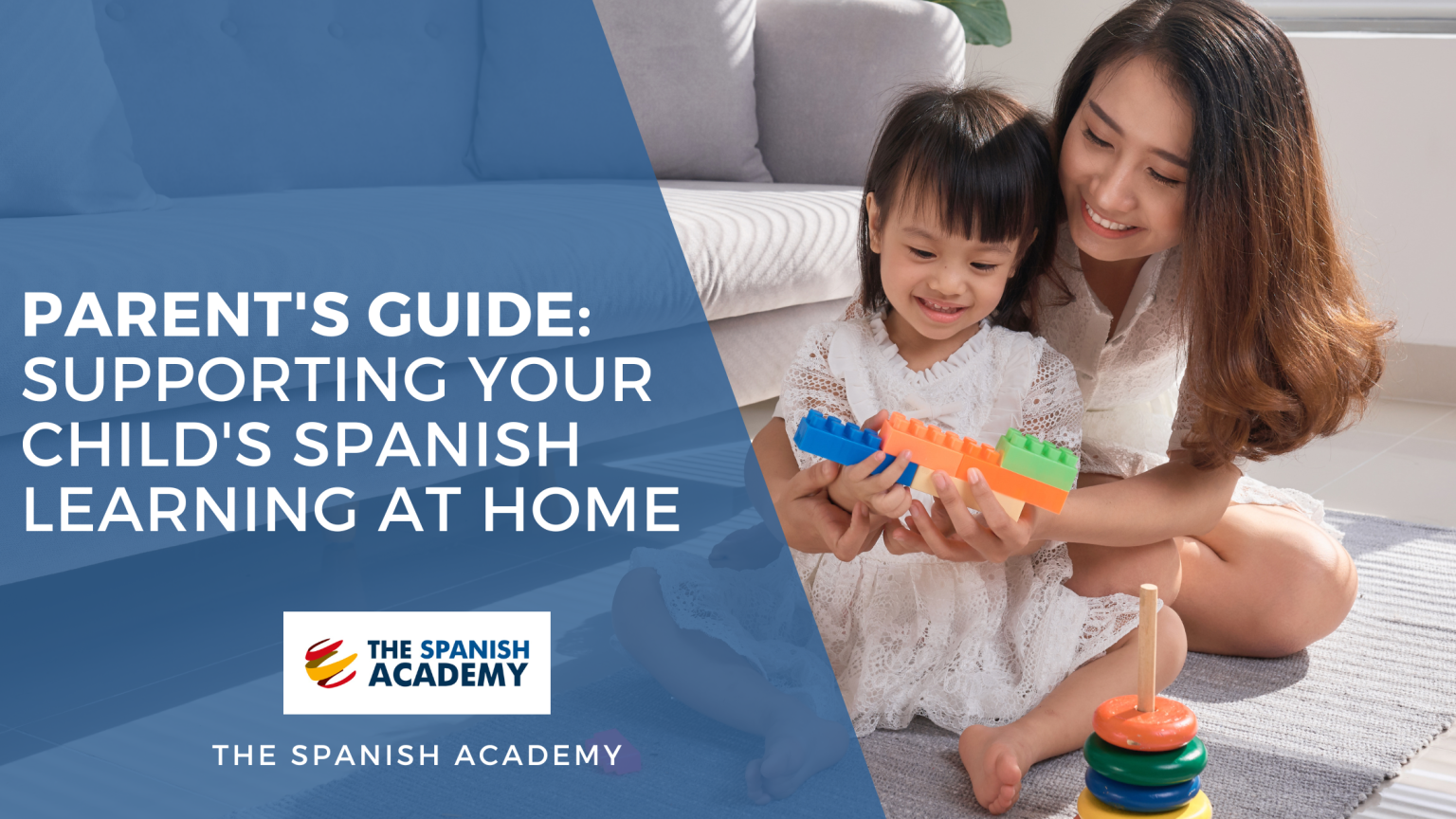
As parents of children attending Spanish playgroups in Hong Kong, you play a pivotal role in your child’s language learning journey. Your home can become a natural extension of the language immersion environment we provide in our playgroups. This guide is dedicated to offering practical advice on reinforcing your child’s Spanish learning at home, making language acquisition an enjoyable and engaging experience that stretches beyond the classroom.
Make Spanish Part of Daily Life
Use Spanish at Home
One of the simplest yet most effective ways to support your child’s language learning is to incorporate Spanish into your everyday life. You can start with using basic Spanish phrases and sentences at home. Begin with greetings, such as “Buenos días” (Good morning), and gradually introduce the names of common household items, colors, and numbers. This consistent exposure to Spanish will help your child become familiar with the sounds and rhythms of the language while also associating them with their everyday routines.
Encourage Spanish Media Consumption
Introducing Spanish media into your child’s daily routine is another fun and beneficial practice. Children’s television shows, music, and books in Spanish are excellent resources that not only entertain but also educate. Watching or listening to Spanish media together can be a wonderful bonding activity, offering opportunities for discussions and questions about the language.
Incorporate Spanish Playgroups into Playtime
Spanish Playgroups and Playdates
Joining Spanish playgroups in Hong Kong is a fantastic way for your child to interact with peers who are also learning Spanish. This allows them to use the language in a fun, social context, mirroring real-life interactions. Additionally, you could consider arranging playdates with Spanish-speaking families. This exposure can tremendously boost your child’s confidence and fluency in Spanish.
Educational Toys and Games
Toys and games that incorporate Spanish can make learning an exciting and engaging activity. Consider investing in bilingual toys or board games, or even introduce simple games that can be played in Spanish. Such resources provide a playful and interactive way for your child to practice Spanish vocabulary and sentence structure.
Flashcards and the Right-Brain Approach from our Spanish Playgroups
In our Spanish playgroups, we use a right-brain learning approach, which capitalizes on the brain’s ability to absorb information quickly and intuitively during early childhood. One effective tool aligned with this approach is the use of flashcards. Flashcards with pictures and corresponding words in Spanish can stimulate visual learning, making it easier for your child to remember and recall Spanish words. Using flashcards at home is a simple, yet effective technique to reinforce what your child learns in our playgroups.
Create a Supportive Learning Environment
Celebrate Progress
Learning a new language is a journey, and every step forward, no matter how small, is worth celebrating. Recognizing and celebrating your child’s progress will boost their confidence and motivate them to continue learning. This could be as simple as praising them when they learn a new word or use a Spanish phrase correctly.
Be Patient and Consistent
Remember, language learning is a marathon, not a sprint. It requires patience, consistency, and a lot of practice. Encourage your child, offer help when needed, and remember to make the process enjoyable. The goal is to cultivate a love for the language and learning in general, which will stay with them long after they’ve mastered Spanish.
Conclusion
Supporting your child’s Spanish learning journey at home can be a rewarding experience for both of you. By integrating Spanish into everyday life, incorporating it into playtime, using tools like flashcards, and fostering a supportive and encouraging environment, you can complement the learning happening in Spanish playgroups in Hong Kong, thereby enriching your child’s language learning experience. Your active participation will not only accelerate your child’s Spanish proficiency but also enhance their cognitive development and cultural understanding, setting them up for a lifetime of benefits.
Remember, every child learns at their own pace, so it’s essential to remain patient and celebrate the small victories along the way. Together, we can inspire a love for learning and a passion for the Spanish language in your child.
If you want to find other kinds of playgroups, do not miss our post about the best playgroups in Wanchai.




